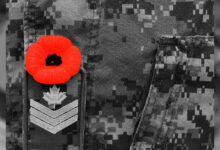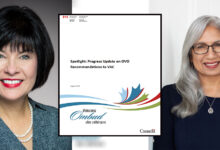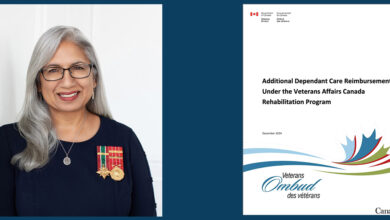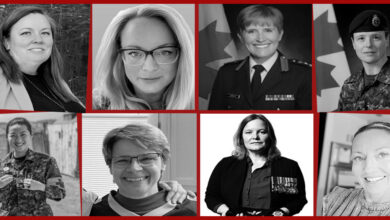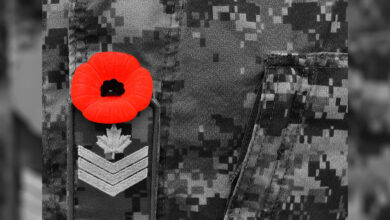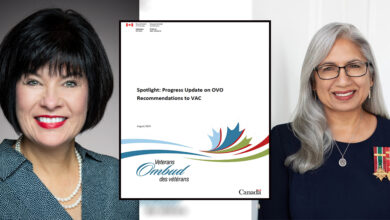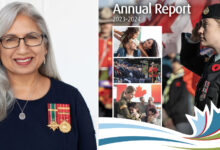Veteran
Veterans Ombudsman releases 2021 Report Card
For the fourth time since 2017, the Office of the Veterans Ombudsman (OVO) released its 2021 Report Card on Nov. 25. Veterans Affairs Canada (VAC) has fully or partially implemented 52 of their 76 still valid recommendations made since 2007.
The rest of the recommendations focus on better access to VAC programs and services and on Veteran, family, and caregiver health and well-being.
“No Veteran or family member who has a service-related need for care and support should be left behind because of a systemic unfairness,” Colonel (Ret’d) Nishika Jardine, Veterans Ombudsman, stated. “The government is falling behind in taking action to ensure equitable access to VAC benefits and services for Veterans and their families. I look forward to seeing meaningful progress on our recommendations.”
Main Concerns
According to the report, most of the complaints the OVO received are regarding significant delays in the processing of disability or pain and suffering compensation claims. “Immediate action is required to ensure that Veterans do not experience unfairness because of this backlog. No Veteran should have to wait longer because of their gender or first language,” it stated further.
Several other recommendations that need addressing are Veteran independence and long-term care; compensation for family members who provide care for Veterans; and mental health treatment for family members for mental health conditions related to service.
Outstanding Recommendations
It’s highlighted in the report that there is a continuing concern about these outstanding recommendations:
-
-
- Amend New Veterans Charter legislation [Veterans Well-Being Act] and regulations to permit a single Canadian Armed Forces (CAF) member with no dependent children to designate a family member to apply for and receive the Death Benefit;
- Provide fair access to timely decisions despite the applicant’s gender and language;
- Adjust the eligibility criteria of the Caregiver Recognition Benefit to give better access to compensation for caregivers when service-related conditions slow a Veteran’s ability to do Instrumental Activities of Daily Living and childcare;
- Make sure family members, including former spouses, survivors, and dependent children, have access to federal Government-funded mental health treatment when the mental health illness is related to conditions of military service experienced by the family member, independent of the Veteran’s treatment plan and regardless of whether the Veteran is engaging in treatment;
-
The report also noted that some of the recommendations would need consultation or legislative and/or regulatory change, which can take more time.
2021-22 & Onward
In June 2021, “we published a report recommending equitable access to VAC-funded Peer Support for Veterans who have experienced Military Sexual Trauma. We will publish our next report in January/February 2022 on our investigation into the Additional Monthly Amount benefit,” said Jardine.
The following issues will continue to be looked at now and into the future:
-
-
- Improved relationships with Veterans through OVO’s services and through OVO recommendations to VAC to eliminate unfairness;
- Care at home, accessibility, and structure of VAC homecare benefits for CAF Veterans, and possible gaps and/or overlaps in programs and services;
-
Potential for gender bias and inequity in the VAC adjudication process. For a full breakdown of the OVO 2021 Report Card, visit here.






